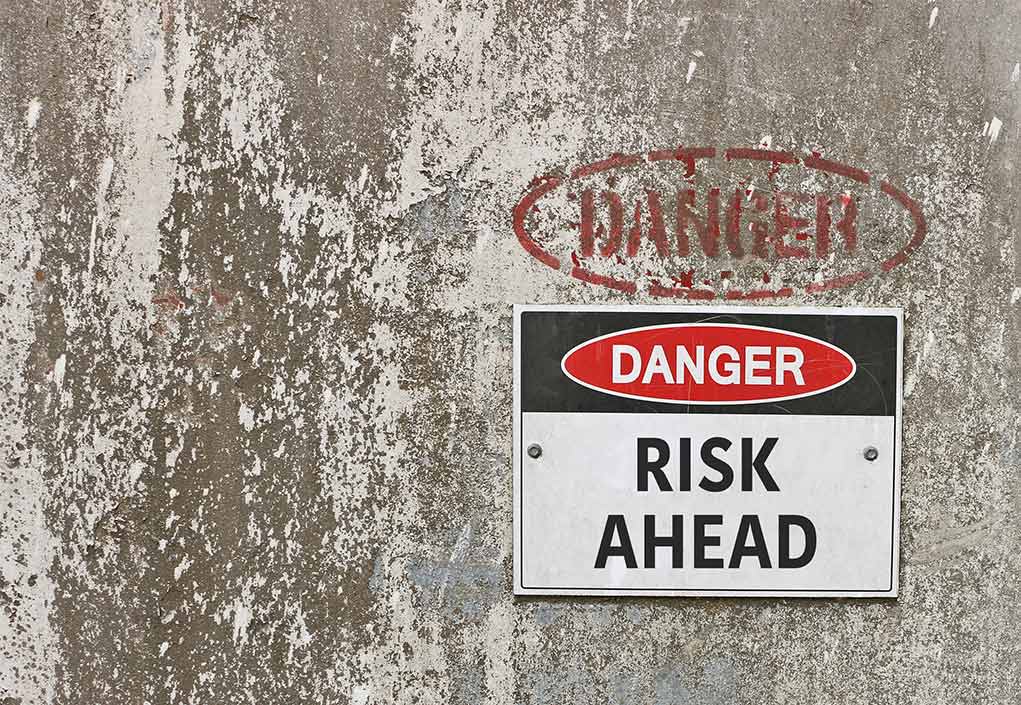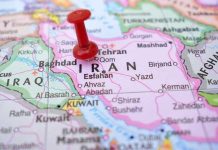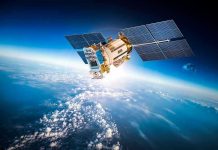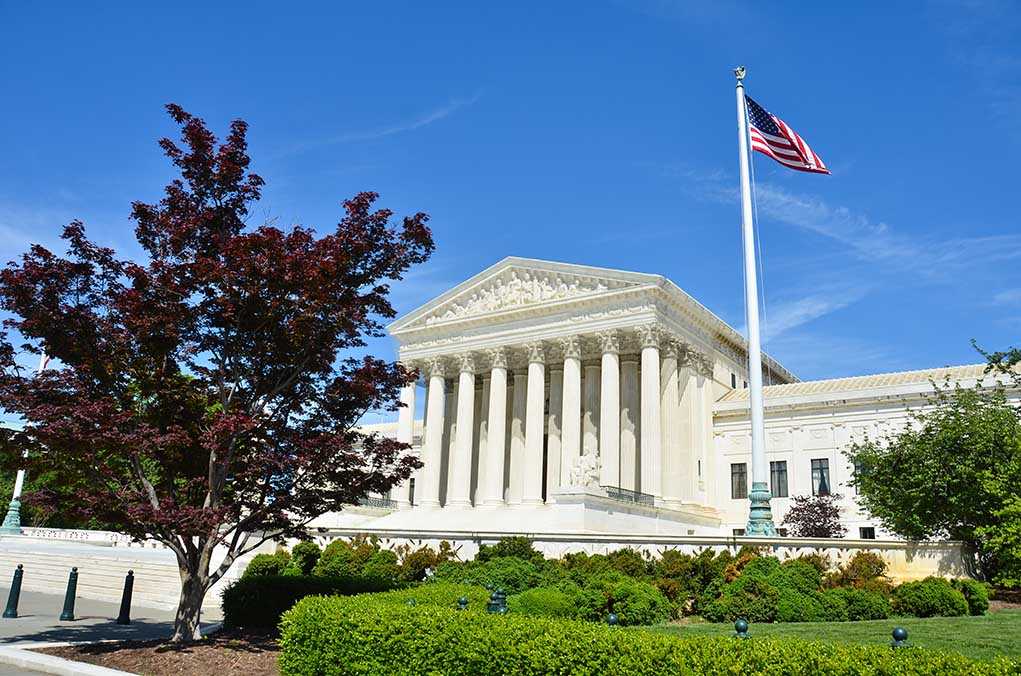
President Trump orders free passage for US ships through Panama and Suez Canals, asserting American rights over vital global trade routes that “would not exist without the United States of America.”
Key Takeaways
- President Trump has demanded free transit for American commercial and military vessels through the Panama and Suez canals, citing America’s historical role in their development.
- Trump has tasked Secretary of State Marco Rubio to address the issue immediately, suggesting potential military action if necessary to secure American interests.
- Panama’s President José Raúl Mulino has rejected Trump’s claims, stating that the Panama Canal Authority regulates transit and costs with no special agreements.
- The administration’s stance stems from concerns about Chinese influence over the Panama Canal and Houthi rebel disruptions affecting the Suez Canal.
- Both canals remain crucial for global trade and military operations, with the US seeking to regain strategic control over these vital waterways.
America’s Strategic Interest in Global Waterways
President Trump is taking decisive action to secure America’s strategic interests in global waterways by demanding free passage for US ships through the Panama and Suez canals. This bold initiative reflects the administration’s commitment to putting American interests first in international commerce and military operations. The Panama Canal, built by the United States in the early 1900s and transferred to Panama in 1977, connects the Caribbean Sea with the Pacific Ocean, while the Suez Canal links the Mediterranean Sea with the Red Sea, both representing crucial arteries for global trade.
“American ships, both military and commercial, should be allowed to travel, free of charge, through the Panama and Suez canals!” said President Donald Trump.
Trump has been explicit about America’s historical claim to these waterways, emphasizing that they would not exist without American engineering, financing, and vision. He has directed Secretary of State Marco Rubio to immediately address what the administration perceives as an imbalance in access rights and costs. This move comes amid growing concerns about foreign influence over these critical maritime choke points, particularly Chinese interests in Panama and ongoing disruptions in the Suez region.
Confronting Foreign Influence and Security Threats
The administration’s concerns extend beyond mere economic interests to encompass serious national security considerations. President Trump has specifically highlighted China’s increasing influence over the Panama Canal as a threat to American interests. The strategic waterway, which sees a significant volume of global maritime traffic, has become a focal point in the ongoing competition between the United States and China for global influence. Trump’s stance reflects a commitment to preventing adversaries from controlling critical infrastructure that impacts American commerce and military mobility.
“Those Canals would not exist without the United States of America,” Trump wrote in a post on Truth Social late Saturday. “I’ve asked Secretary of State Marco Rubio to immediately take care of this situation.” said Donald Trump.
In the Middle East, the situation is equally challenging, with Houthi rebels disrupting shipping through the Suez Canal in solidarity with Palestinians during the Israel-Gaza conflict. These attacks have forced many vessels to take longer routes around Africa, leading to significant economic consequences. Egypt has reported a staggering 60% drop in Suez Canal revenues, amounting to approximately $7 billion in losses. The U.S. military has intensified operations against Houthi positions under Trump’s leadership, demonstrating the administration’s commitment to protecting vital shipping lanes.
Panama’s Response and Geopolitical Implications
Panama’s response to President Trump’s demands has been firm. President José Raúl Mulino has emphasized that the Panama Canal Authority independently regulates transit and costs, stating unequivocally that there are no agreements that would grant the United States special privileges. This stance reflects Panama’s determination to maintain sovereignty over the canal, which it gained full control of in 1999 following the implementation of the Torrijos-Carter Treaties signed in 1977.
“There is no agreement to the contrary,” said José Raúl Mulino, President of Panama.
The administration’s position has been reinforced by Defense Secretary Pete Hegseth, who has suggested that American warships should have priority passage through the Panama Canal “first, and free.” Hegseth has also floated the possibility of returning U.S. troops to Panama, a prospect that has been rejected by the Panamanian government. This diplomatic standoff underscores the complex geopolitical dynamics at play, with the United States seeking to reassert its historical influence in a region it once dominated militarily and economically.
Economic and Strategic Significance
The economic significance of these waterways cannot be overstated. Both canals dramatically reduce shipping times and costs for global commerce, with the Panama Canal shortening the journey between the Atlantic and Pacific by approximately 8,000 miles. The U.S. and China represent major users of the Panama Canal, highlighting its importance in the increasingly competitive global trade landscape. President Trump’s focus on securing advantageous terms for American ships reflects a recognition of these canals’ critical role in maintaining American economic competitiveness.
From a military perspective, these canals enable rapid deployment of naval assets between theaters of operation, enhancing America’s ability to project power globally. The administration’s emphasis on securing privileged access for U.S. military vessels demonstrates an understanding of these waterways’ strategic value in an era of increasing great power competition. By seeking to establish preferential treatment for American ships, President Trump is working to secure a significant advantage for both military and commercial interests that will benefit American citizens and strengthen national security.











